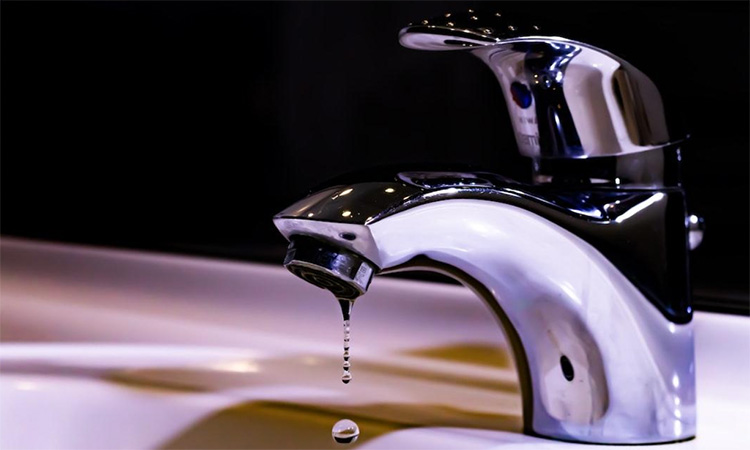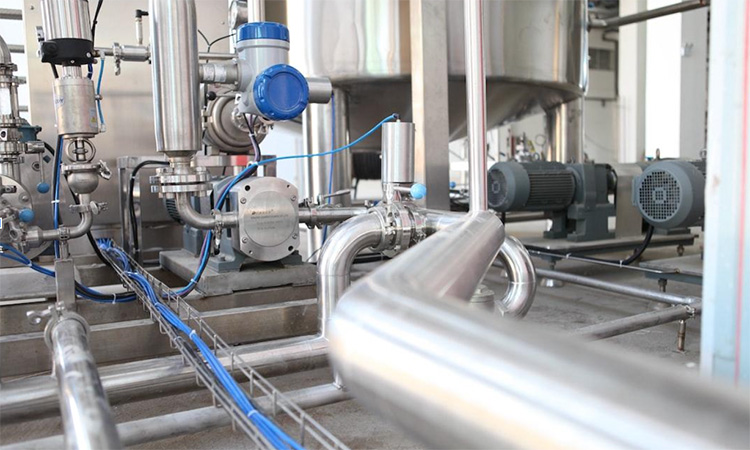In recent years, the refrigeration and air conditioning industries have seen various innovations and advancements in evaporative condenser technology. So, what is an evaporative condenser? An evaporative condenser uses the cooling effects of evaporation to improve the heat rejection process. Technology advancements offer the potential for increased efficiency, reduced energy consumption, and better water-conserving features. In this article, we will discuss four significant advancements in evaporative condenser technology that are shaping the future of this critical industry.
Energy-Efficient Designs
Sustainable practices and energy-efficiency concerns have paved the way for innovative designs in evaporative condensers. Newer designs prioritize energy-efficiency gains by incorporating features like variable-speed fan control, large coil surfaces, and innovative heat-transfer technologies, leading to minimized energy consumption. These designs not only prioritize sustainability but also result in lower utility costs for businesses installing these evaporative condensers.
The introduction of electronically commutated (EC) fan motor technology, for instance, has proved revolutionary in the reduction of energy consumption. These motors are known for their efficiency, durability, and quiet operation. Additionally, they allow for variable speed control, which leads to further energy savings and improved adaptability to varying operating conditions.
The incorporation of advanced heat transfer technologies, like microchannel coil designs, has resulted in dramatic improvements in the performance and efficiency of evaporative condensers. These innovative designs enable better airflow and heat exchange while using much less refrigerant than traditional systems. It allows for higher capacity cooling with a smaller overall system footprint, making them an attractive choice when space is limited.
Reduced Water Consumption

Water conservation is a crucial concern for both companies and consumers. With the increased need for sustainable practices, evaporative condensers have evolved to reduce water usage. Technologies such as air-to-water heat exchangers and evaporative cooling pad systems work to minimize water loss while still providing effective cooling capabilities.
The utilization of advanced control systems has allowed for better monitoring and management of water usage in evaporative condensers. These systems can automatically adjust water flow rates based on various environmental factors and system demands, ensuring that water usage is optimized and waste is minimized.
Additionally, there has been a focus on developing hybrid evaporative condensers that combine the benefits of dry cooling and wet cooling to save water. This unique design can switch between dry and wet operation depending on environmental conditions, resulting in reduced water consumption while maintaining optimal performance.
Optimized Maintenance and Serviceability
Maintaining and servicing evaporative condensers can be a challenging task. Due to the exposure to various environmental elements and regular use, these systems are prone to wear and tear, which, if not addressed, can result in diminished performance and increased maintenance costs. Thanks to technological advancements, there’s been a shift toward systems designed for easier and more efficient maintenance, increasing the lifespan and reliability of evaporative condensers.
Designs now aim to allow for easier access to internal components to quickly inspect and conduct necessary maintenance procedures. Additionally, the use of corrosion-resistant materials like stainless steel and fiberglass can significantly increase the lifespan of these systems while reducing the risk of leaks and other forms of degradation.
Implementing monitoring and diagnostic features in evaporative condensers is another crucial development. These technologies help prevent potential issues by continuously analyzing system performance and alerting operators of any irregularities. As a result, corrective measures can be taken to ensure optimal performance and minimal downtime.
Smart Control Systems

Smart control systems have become increasingly common in the HVAC and refrigeration industries. These advanced systems, equipped with integrated sensors, automated controls, and remote monitoring capabilities, have greatly improved the performance and energy management of evaporative condensers. The ability to remotely monitor and control all operational parameters ensures that systems are running at peak efficiency 24/7, addressing potential issues before they become significant problems.
Advanced control systems can also optimize the performance of evaporative condensers by adjusting fan motor speeds, adjusting water flow rates, and receiving automated notifications regarding system operation. Furthermore, these systems can also be fully integrated into a building or facility’s energy management system, allowing for centralized control and automation of all cooling-related activities.
As technology progresses and the demand for more sustainable, efficient solutions continues to grow, the adoption of smart control systems in evaporative condensers is essential to meet these needs.
Altogether, these technological advancements in evaporative condenser design and operation have led to more sustainable, energy-efficient, and cost-effective solutions for businesses worldwide. By focusing on energy efficiency, reduced water consumption, optimized maintenance, and smart control systems, the industry’s continued innovation ensures a cleaner, greener, and more sustainable future.

Leave a Reply